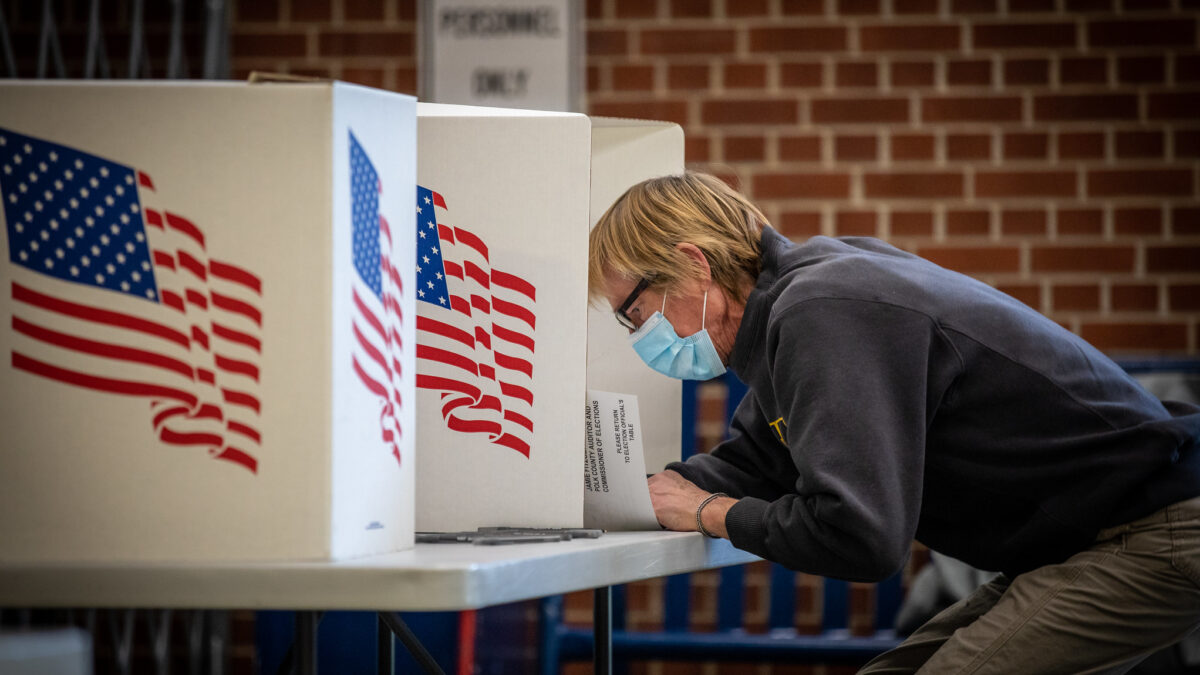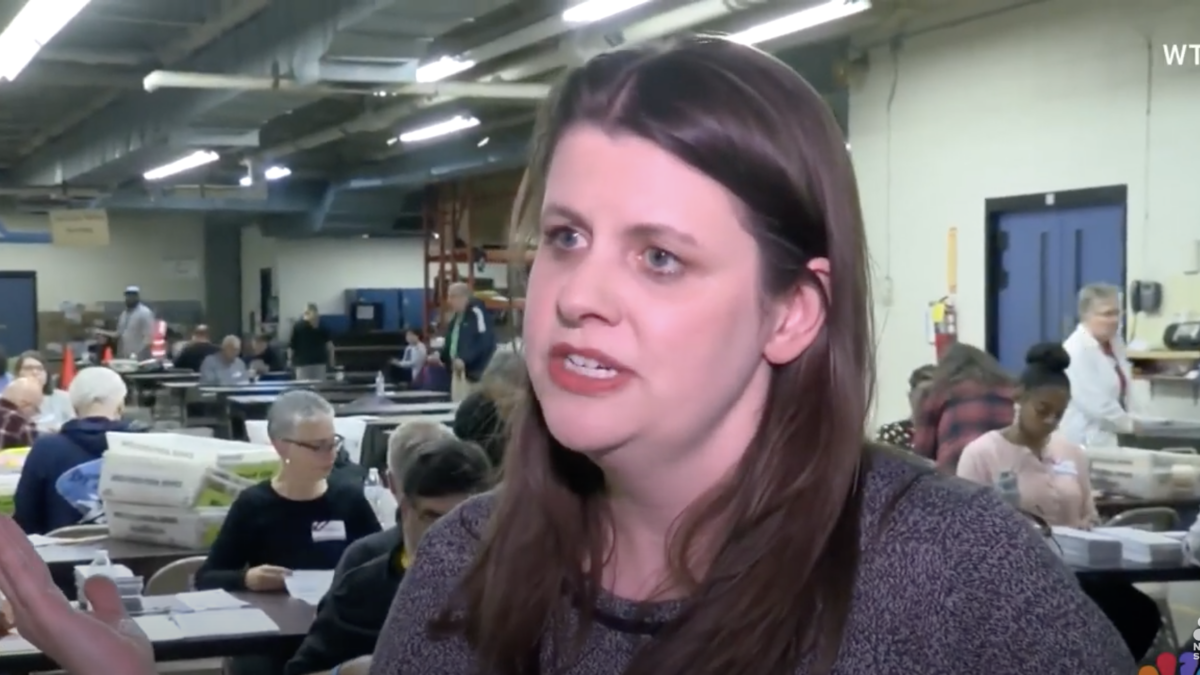
A team of scientists at Harvard University and a company called Carbon Engineering announced this week that they’ve figured out a low-cost, industrial-scale method of pulling carbon dioxide out of the atmosphere. Needless to say, it sounds like an exciting technology, which would, as The Atlantic’s Robinson Meyer notes, “transform how humanity thinks about the problem of climate change.”
To be fair, though, plenty of humans have argued that innovation, rather than widespread state-compelled behavior modification or top-down economic regimes like the ones the Left has proposed over the years, would eventually deal with climate change. This conviction was based on the historic propensity of those human beings to hatch advances in efficiency and technology when left to their own devices. They always do.
If the industrial-scale de-carbonization stabilizes temperatures — and it now seems inevitable that it’ll be a big part of the solution — the Malthusian notions that dominate the modern Left will once again lose out to capitalistic innovation. This was inevitable when Paul Ehrlich and Julian Simon were betting on resource scarcity, Al Gore was producing chilling Oscar-winning science-fiction films, and contemporary Chicken Littles were telling us the human race was doomed.
“This opens up the possibility that we could stabilize the climate for affordable amounts of money without changing the entire energy system or changing everyone’s behavior,” Ken Caldeira, a senior scientist at the Carnegie Institution for Science, told The Atlantic.
That’s fantastic news, because, despite decades of sensational predictions and “education” on the topic, our behavior hasn’t really changed. Americans simply weren’t prepared to surrender their prosperity, freedom, comfort, cars, red meat, travel, air conditioners, etc. to global warming fears, no matter what they told pollsters. Nor would anyone else, for that matter.
It now seems likely that we’re going to be able to reach environmentalists’ carbon-cutting goals at a fraction of the price. The paper claims that companies will be able to remove a metric ton of carbon dioxide from the atmosphere for as little as $94. The cost of averting less than one degree of warming by 2100, according to some, would have cost around $2 trillion every year for a century — which doesn’t include the economic toll it would extract from the world’s economy.
In the near future, in addition to continued gains in efficiency, your community may have a choice between paying for giant, expensive fields of intermittently useful windmills and solar panels or a plant that cleans the air by converting hydrocarbon into liquid fuel. I wonder which one rational people will choose.
For many environmentalists, all this will be welcome news. I doubt it will be for the politically motivated climate warriors, whose aim has always been social engineering in the cause of curbing capitalistic excesses. Even if decarbonization is successful, they will demand we continue to mandate inefficient renewable energies. They will demand tax dollars be used to prop up the clean-energy industry. They will continue to demand we ban fracking. They will continue to propose creating fabricated markets that artificially spike the cost of fossil fuels to pay for supposed negative externalities.
But, as a political matter, it’s going to be a lot more difficult to sell those policies when they can no longer claim the apocalypse is nigh.
After all, we’ve been told for a long time that the Earth was on the precipice of disaster. Every year was our very last chance to save it. It wasn’t enough to merely concede that warming was probably happening, but a person had to adopt whatever policy proposals Democrats were pushing in toto. Tradeoffs didn’t exist in this world. Future innovations didn’t exist. Only the apocalypse beckoned.
The entire climate-change debate had been predicated on the idea that only dramatic intrusions into energy consumption and regulating citizens’ contemporary habits — not only by wealthy nations but also emerging countries whose people were finally benefiting from cheap energy — would stop us from heading towards the abyss. You could be poorer, less free, and do almost nothing to change the trajectory of warming.
We can’t have complete certitude about the future, of course, but you’re not a techno-utopian to trust that humans typically find ways to adapt. You’re not Pollyannaish to point out that, by nearly every quantifiable measure, the state of humanity has improved over the years we were busy panicking about global warming — people are safer, live longer, and are freer. They’ve cut poverty, illiteracy, infant mortality, and so on.
Plenty of those gains rely on the availability of cheap, dependable energy — as does our own growth and wealth. That is why rejecting the climate change panic-mongers might have been one of the smartest things American voters have done over the past two decades.









